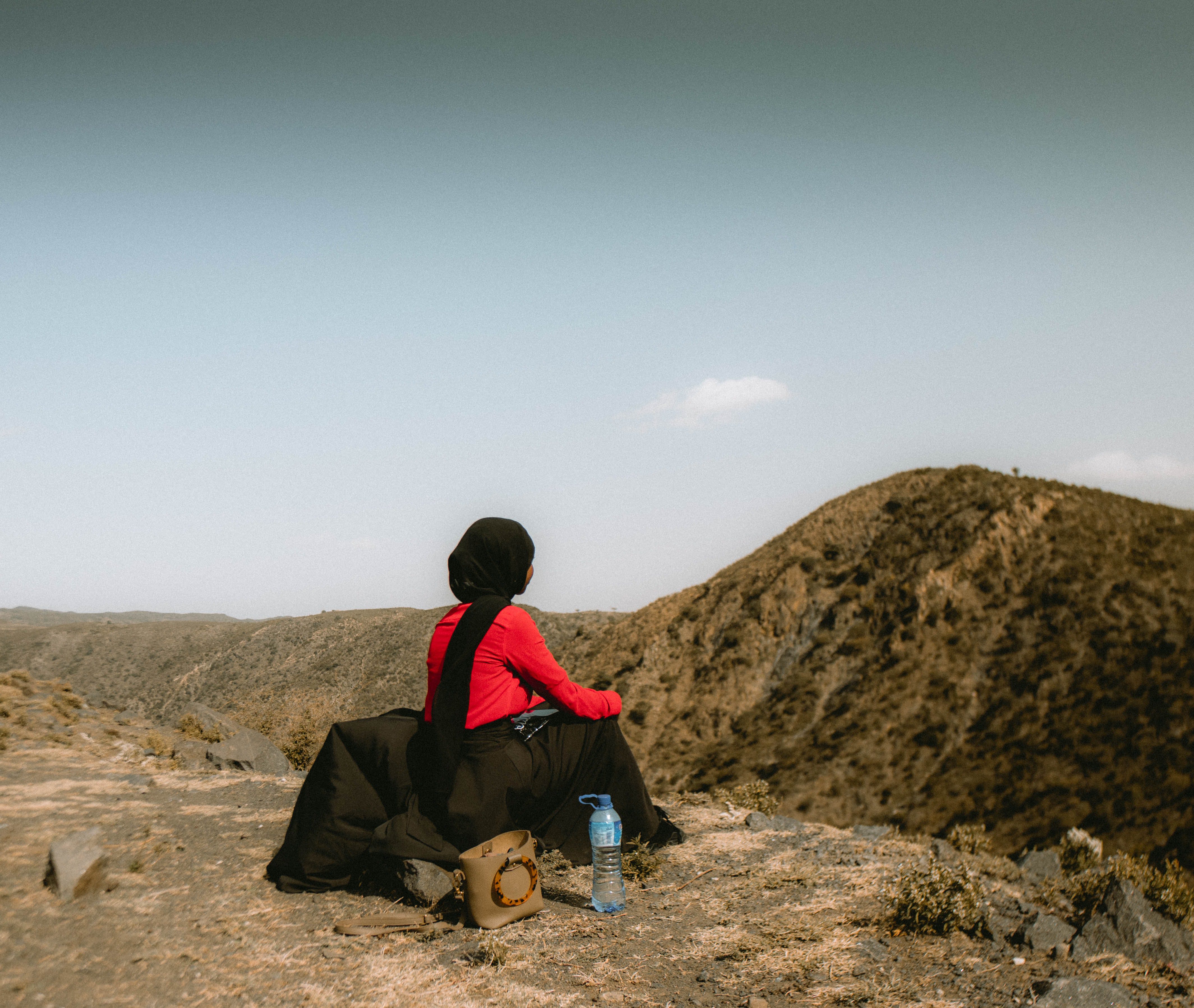Somaliland has been on a charm offensive for three decades trying to persuade the rest of the world to accept its statehood. While its quest for recognition has largely failed, its determination appears to be paying off because it has made its presence felt. Its pursuit is recognized in the global political discourse.
One such discourse took place on the 18th of January in the United Kingdom (UK) Parliament, when Members of Parliament (MPs) convened to discuss the acceptance of Somaliland’s independence. Somaliland has also been debated in the United States of America (USA). In fact, unlike UK MPs, the US legislators went further to visit the territory in December 2021 on a fact-finding expedition.
Despite these excitements, however, the West has remained mainly reluctant to recognize the territory’s statehood. On the part of the USA, its recognition of Somaliland may strain its relations with Somalia. Then, it is up to Somalia and its African neighbors to lead a change of course if they so choose.
The effect will put Somaliland in a delicate position because Somalia will never agree to Somaliland’s separation. Africa has always relied on the West to set the agenda, even when the matter at hand involves the lives of their people, like the civil war unrest in Mali and Libya.
But why could states be hesitant to recognize Somaliland’s statehood? Could it be that Somaliland is falling short of the universally accepted criteria for statehood? According to Article 1 of the Montevideo Convention on Rights and Duties of States, 1933, a state as a person of international law must have a permanent population, a defined territory, a government, and the ability to enter into relations with the other states. The question is whether Somaliland meets these conditions for statehood.
[perfectpullquote align=”right” bordertop=”false” cite=”” link=”” color=”” class=”” size=””]…the people of Somaliland have the right to self-determination; by virtue of that right to freely determine their political status and freely pursue their economic, social and cultural development.[/perfectpullquote]
Somaliland has a population of 3.5 million people. It’s also worth noting that Somaliland was once an independent state, having earned independence from British rule in 1960 and recognized by 35 countries, including the USA. Five days after independence, Somaliland elected to unite with the Southern Trust Territory of Somaliland, which had just earned independence from Italy, to form the Federal Republic of Somalia. Following the merger, concerns that Somaliland was being marginalized surfaced, prompting Somaliland to seek its independence from Somalia in 1991.
The international community is reluctant to recognize Somaliland’s independence from Somalia in this context. But of importance here is the realization that Somaliland has a definite territory that was bequeathed to it in 1960 during its independence from Britain.
Since declaring its independence from Somalia, Somaliland has not only set up its government institutions but also written its laws and constitution, set its currency, and held credible elections. Somaliland has also demonstrated its ability to engage in various international engagements; for instance, it inked cooperation agreements with some countries, including Kenya, Ethiopia, the United Arabs Emirates, the United States of America, and the United Kingdom, to name a few. Thus, Somaliland qualifies to be recognized as a state under the Montevideo Convention.
European Commission’s Criteria
Accurate as that is, The Guidelines on the Recognition of New States in Eastern Europe and the Soviet Union, adopted by the European Commission (EC) members in 1991, contain additional requirements for state recognition. Under these criteria, respect for the articles of the United Nations Charter, commitments to the rule of law, democracy, human rights, and safeguards for the rights of ethnic and national groups and minorities were among the new prerequisites for state recognition.
As to whether Somaliland also meets the EC criteria, in their 2009 report Hostages to Peace: Threats to Human Rights and Democracy in Somaliland, Human Rights Watch found that while there was evidence of massive human rights violations in Somaliland. There were fewer incidents than similar incidents in neighboring countries such as Kenya, Ethiopia, Djibouti, and Somalia. Furthermore, according to the report, “peace has sheltered Somalilanders from the horrific abuses that have destroyed so many lives across Somalia.”
The above can only lead us to the logical conclusion that concerns over democracy, respect for the rule of law, and human rights cannot be the reason behind the hesitance of the international community to recognize the independence of Somaliland from Somalia.
Self-determination Now
Therefore, the people of Somaliland have the right to self-determination; by virtue of that right to freely determine their political status and freely pursue their economic, social and cultural development. The rights are espoused in the 1960 Resolution 1514 (XV) of the UN General Assembly, the International Covenant on Civil and Political Rights (ICCPR), as well as in the International Covenant on Economic, Social, and Cultural Rights (ICESCR).
In short, the international community’s refusal to acknowledge Somaliland as a sovereign state is unjustifiable. Africa should take the lead in recognizing the statehood of Somaliland. On this one, let them not wait for the West to act first.
Benedict Arwa is a Postgraduate Student of International Studies at the University of Nairobi. Follow his tweets @BenedictArwa.
Photo by Yasin Yusuf on Unsplash.

